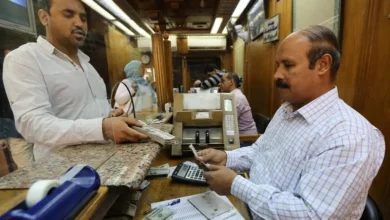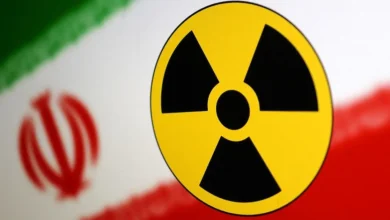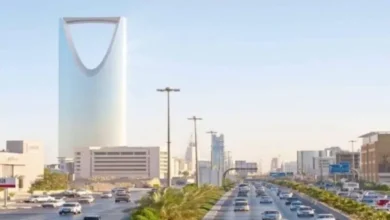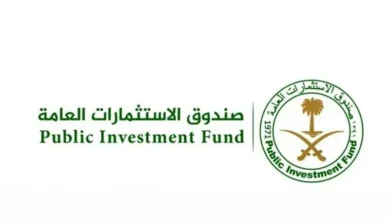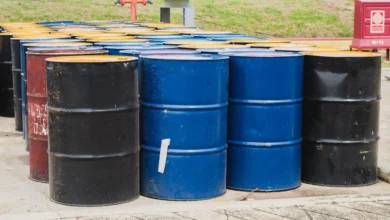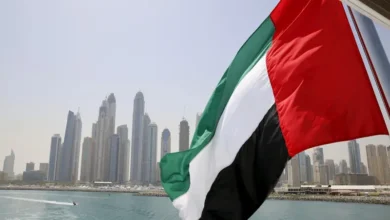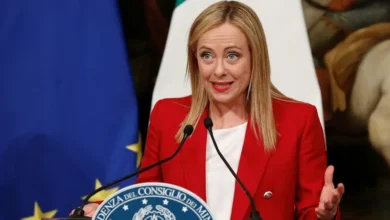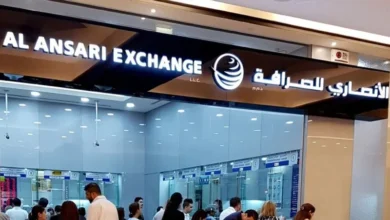Saudi Arabia’s Vision 2030 shines at Davos 2024
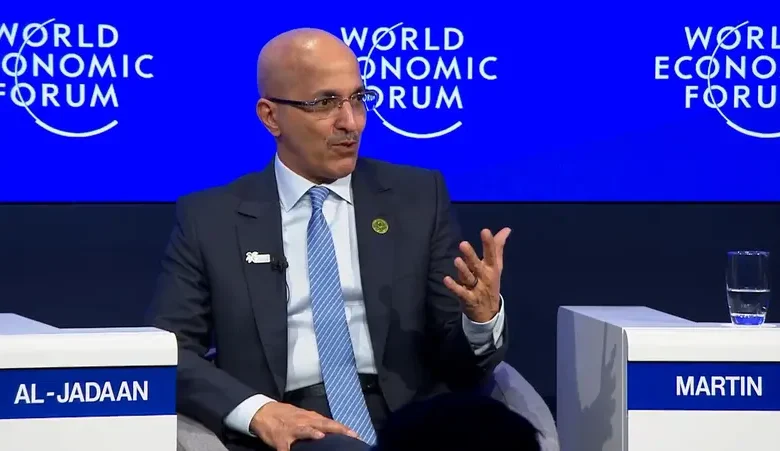
Saudi Arabia demonstrated – once again – its commitment to attracting investments to the Kingdom at this year’s Davos Forum. The statements by ministers and delegates clearly emphasized the Kingdom’s sustainable efforts to diversify its economy beyond oil and progress in realizing Vision 2030.
Saudi Arabia also announced at Davos that it will be hosting the first-ever special meeting of the World Economic Forum in its capital, Riyadh, this year on April 28 and 29. This event will address critical issues like international cooperation, economic growth, and energy.
During this year’s forum, the Saudi delegation discussed the most pressing regional and international challenges. They focused on enhancing international dialogue and cooperation, supporting economic integration, sustaining resources, and leveraging innovation and technological solutions. The delegation also explored the opportunities presented by emerging technologies and their impact on manufacturing processes and international policies.
Furthermore, the delegation showcased the progress made under Saudi Vision 2030. They highlighted the Kingdom’s ongoing transformation and development across various sectors, as well as the investment opportunities available, which aim to cultivate a prosperous, diversified economy open to collaborative opportunities.
Several statements made by the Saudi delegation at the Davos 2024 Forum underscored the economic dimension of the Kingdom’s journey toward achieving Vision 2030 and its commitment to economic diversification.
The world needs a ‘strong Saudi Arabia’
Saudi Finance Minister Mohammed Al-Jadaan emphasized the global necessity for a “strong Saudi Arabia,” stating that the nation would be unable to assist the region effectively without its strength.
During a panel discussion titled “Saudi Arabia: The Course Ahead” at the World Economic Forum in Davos, Al-Jadaan underscored Saudi Arabia’s commitment to ongoing economic reforms. He highlighted the significant reduction in the oil sector’s contribution to the country’s gross domestic product (GDP), which has decreased from 70 percent to 35 percent.
“This is a remarkable achievement because it indicates a growth in non-oil GDP to 65 percent,” he noted.
Al-Jadaan also pointed out that Saudi Arabia adopts a flexible approach in its economic planning and maintains conservative expectations, enabling the country to achieve growth levels that exceed initial projections.
He emphasized that the Kingdom is intensifying its efforts to diversify its economy into new sectors, such as entertainment, sports, and tourism, alongside traditional industries like energy and mining.
Saudi Arabia’s non-Oil GDP exceeds that of the US Since 2016
In the same session, Saudi Economy Minister Faisal al-Ibrahim affirmed that Saudi Arabia is stronger and more robust than in the past.
He also emphasized the Kingdom’s commitment to ongoing improvements and economic reforms, with a particular focus on bolstering the tourism sector and its related industries.
Al-Ibrahim noted a significant milestone, stating that since 2016, the non-oil sector of Saudi Arabia’s economy has exceeded that of the United States.
“The Kingdom’s economy has expanded by 20 percent since 2016, excluding the oil sector,” he highlighted. Al-Ibrahim forecasted that the Saudi economy is expected to grow by 4.4 percent in 2024. Additionally, he projected that the non-oil GDP of the Kingdom would experience growth between 4.5 percent and 5 percent in the current year.
He also mentioned Saudi Arabia’s goal, in collaboration with its partners, to achieve long-term stability in the oil market.
Shifting towards a green and blue economy
Saudi Minister of Investment Khalid Al-Falih stated that the Kingdom is strategizing a transition towards a green and blue economy.
Speaking at a different session during the World Economic Forum in Davos, Al-Falih emphasized that Saudi Arabia is progressively shifting toward a green economy. He highlighted the Gulf countries’ role in attracting foreign direct investments and aiding sovereign funds in reaching their long-term objectives.
Al-Falih also noted that Saudi Arabia’s primary role is to “establish legislation that fosters investment within the Kingdom.”
Saudi Arabia rejects “hypocrisy” in global attitudes toward oil
Saudi Arabia’s Minister of State for Foreign Affairs and Climate Affairs Envoy, Adel al-Jubeir, stated that the Kingdom has been advocating for the diversification of energy sources since the 1970s.
Speaking at the Davos panel “Saudi Arabia: The Course Ahead,” al-Jubeir emphasized that fossil fuels will continue to be a significant energy source for many decades and are not on the verge of being phased out.
“We oppose any unrealistic global expectations being promoted about the future of energy,” he said, adding, “We reject the “hypocrisy” in some global attitudes towards oil,” he said.
Al-Jubeir further declared, “We plan to enrich uranium and provide clean nuclear energy, just as we supply oil and gas.”
Economic diversification and path to Vision 2030
Minister of Industry and Mineral Resources Bandar bin Ibrahim al-Khorayef said that Saudi Arabia carries a fundamental message during the activities of the World Economic Forum in Davos, as it shares with the world many challenges and is working to develop solutions to many of them.
Al-Khorayef explained, in an interview with Al Arabiya Business, that the Kingdom has placed itself in a position of responsibility to discuss and put forward solutions to global challenges in many sectors, such as minerals and technologies, zero neutrality, energy transition, technology, and others.
He added that the Davos Forum is an opportunity to meet with decision-makers and actors in the private sector to present where we are on our path to economic diversification and the 2030 Vision plan.
He continued: “We hold meetings with investors to update investment activity and expand their investments to benefit from the legislative systems in the Kingdom and economic mobility within the goals of Vision 2030.”
He stated that the automotive sector is one of the most prominent industrial sectors targeted in the Kingdom to ensure bringing and creating integrated supply chains for the sector, as well as the manufacture of medicines, vaccines, petrochemicals, and industries related to the mining sector.
Al-Khorayef revealed that the low cost represents one of the competitive advantages in the Kingdom, adding: “Despite the increase in raw material prices, they remain the most competitive in the world.”
“The decision to raise feedstock prices is part of the program to adjust the energy price system, and increasing industry efficiency requires the displacement of liquid fuel,” according to the Saudi Minister of Industry.

